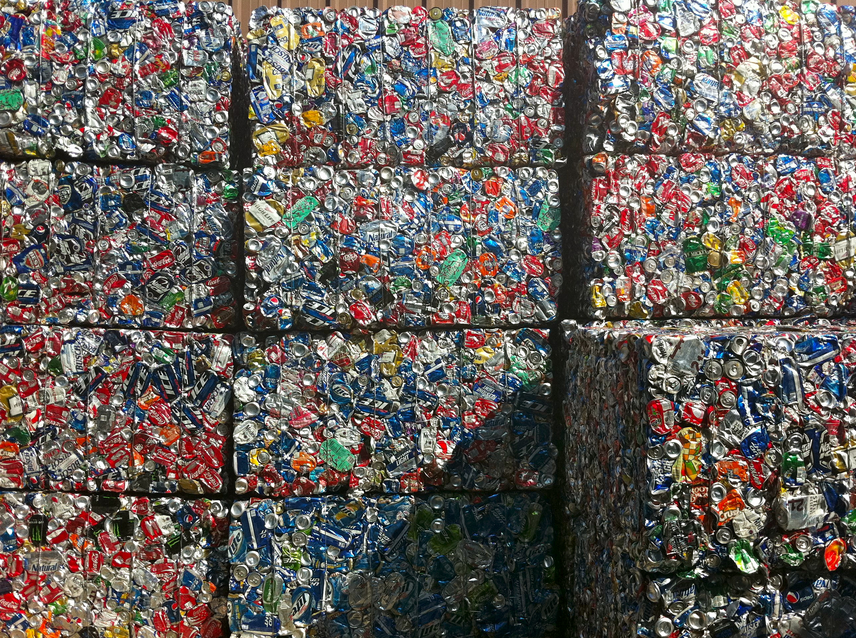

According to a report published by Metal Packaging Europe and European Aluminium, the recycling rate of aluminium beverage cans in the European Union, United Kingdom, Switzerland, Norway, and Iceland stood robust at 73 per cent in 2020. The total volume of aluminium recycled from cans was 510,000 tonnes in the said year, reflecting an increase of more than 20,000 tonnes since the previous year. As a result, a total Greenhouse Gas (GHG) emissions saving was 4.2 million tonnes of CO₂eq.

But the recycling rate dipped slightly by 3 percentage points compared to 2019, while the consumption grew 8 per cent over the year.
Can manufacturers (members of Metal Packaging Europe) and aluminium suppliers (members of European Aluminium) exalted the result stating the recycling rate increased despite the introduction of new EU recycling reporting rules. Most EU member states now report at the point of entrance of a recycling facility instead of the collection phase, which has led to a recycling drop for most packaging metals.
Nonetheless, Léonie Knox-Peebles, CEO of Metal Packaging Europe, supports the new recycling reporting rules. He said, “We are fully supportive of the new EU recycling reporting rules as these measure ‘real’ recycling and we are pleased to notice that this has resulted in only a very minor and likely only temporary drop in the can recycling rate. The aluminium beverage can already meets the highest recyclability performance grade of 95% as proposed in the new draft for a Packaging & Packaging Waste Regulation. As aluminium beverage cans are fully circular and can be recycled endlessly without losing the aluminium’s inherent properties, we are confident that even in a growing market we will be able to meet our 100% beverage can recycling ambition by 2030.”
Maarten Labberton, Director Packaging Group at European Aluminium, commented: “With more and more countries turning to Deposit Return Systems (DRS) we will be able to recycle more cans via a can-to-can remelting solution, generating maximum environmental benefits and we are calling upon those countries with classic EPR systems to invest more into the collection and sorting of the whole aluminium packaging fraction in order to fully close the material loop.’’
He added, “Although we are surprised by the unfounded high reuse targets in the new EU proposal, we welcome the obligation to collect 90% or more of metal and plastic beverage containers for recycling, preferably via DRS. A Deposit Return System should be balanced, which means that it should be run by an independent operator, have variable deposit fees and no cross subsidies between the materials concerned.’’
Responses








